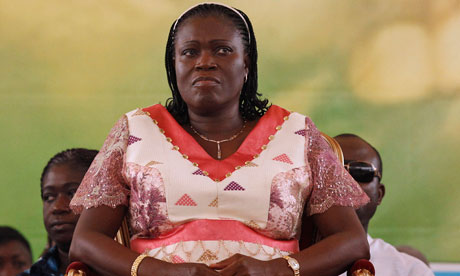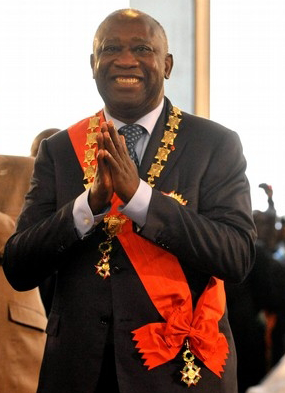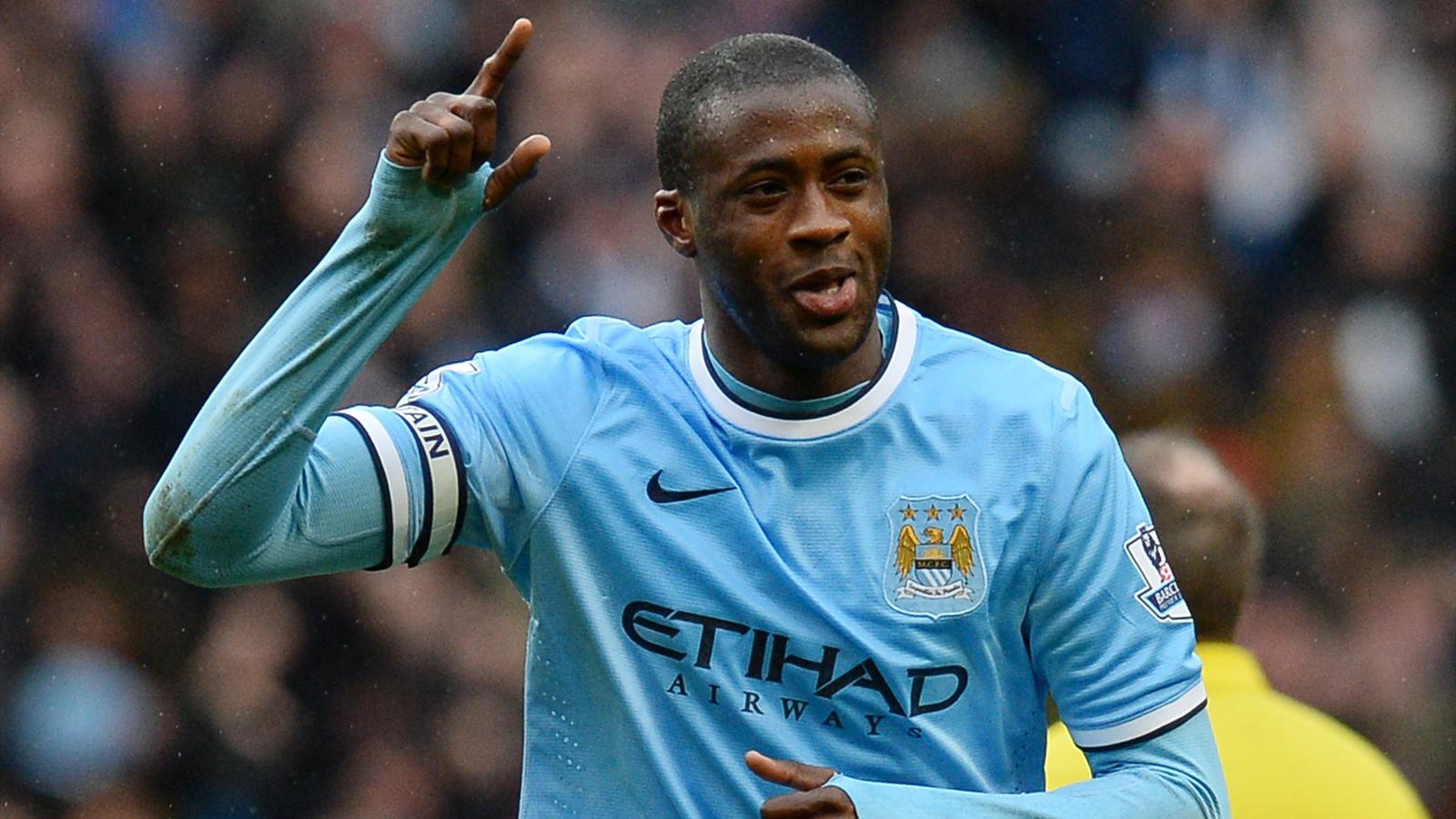Ivory Coast is a francophone
country in West Africa. Yamoussoukro is the official political capital
and administrative capital city of Côte d'Ivoire, while
the economic capital of the country is Abidjan.
Politics
Ivory
Coast became a protectorate of France in 1843–44 and was later formed into a
French colony in 1893 amid the European scramble for Africa.
Ivory
Coast achieved independence in 1960, led by Félix Houphouët-Boigny, who ruled the
country until 1993. It maintained close political and economic association with
its West African neighbors, while at the same time maintaining close ties to
the West, especially France. Since the end of Houphouët-Boigny's
rule in 1993, Ivory Coast has experienced one coup
d'état, in 1999, and two religiously-grounded civil wars: the first taking
place between 2002 and 2007, and the second during 2010-2011
The First Ivorian Civil War began in 2002. Although most of the
fighting ended by late 2004, the country remained split in two, with a rebel-held
Muslim north and
a government-held Christian south. Hostility increased and raids on foreign
troops and civilians rose. As of 2006, the region was tense, and many said the
UN and the French military failed to calm the civil war.The Côte d'Ivoire national football team was credited with helping to secure a temporary truce when it qualified for the 2006 FIFA World Cup and brought warring parties together.
The Ivorian elections took place in October 2010 after being delayed 6 times. Fighting resumed on 24 February 2011 over the impasse on the election results, with the New Force rebels capturing Zouan-Hounien, and clashes in Abobo, Yamoussoukro and around Anyama.
Key
Figures
Samori Ture
resisted French penetration and settlement. In 1880s and 1890s he was
establishing the Wassoulou Empire, which extended over large parts
of present-day Guinea, Mali, Burkina Faso, and Ivory Coast. His large,
well-equipped army could manufacture and repair firearms. The
French responded to Samori Ture's expansion of regional control with military
pressure. French campaigns against Samori Ture, which were met with fierce
resistance, intensified in the mid-1890s until he was captured in 1898.
Laurent Gbagbo won the October 2000 presidential election. He is a Roman Catholic. In 2010, Côte d'Ivoire had a presidential election that saw Gbagbo face off with Alassane Ouattara. Gbagbo, whose mandate had Laurent expired in 2005, had delayed the election several times. Laurent Gbagbo is currently in the custody of the International Criminal Court, where he faces charges of murder, rape and persecution.
Simone Ehivet Gbagbo- Former first lady was sentenced to 20 years in prison, On 10 March 2015.
Simone Gbagbowas known as the Ivorian “Iron Lady” behind her husband.
 |
| “Iron Lady”. Image courtesy of http://www.theguardian.com |
 |
| Image courtesy of : http://ivorycoastpresident.com/gbagbo |
Alassane Ouattara has been President since 2011. He is a Muslim.
The 2010–11 Ivorian crisis was a political crisis in Ivory Coast which began after Laurent Gbagbo, the President of Ivory Coast since 2000, was proclaimed the winner of the Ivorian election of 2010, the first election in the country in 10 years. The opposition candidate, Alassane Ouattara, and a number of countries, organisations and leaders worldwide claimed Ouattara had won the election. After months of attempted negotiation and sporadic violence, the crisis entered a decisive stage as Ouattara's forces began a military offensive in which they quickly gained control of most of the country and besieged key targets in Abidjan, the country's largest city. International organizations have reported numerous human rights violations, and the UN undertook its own military action with the stated objective to protect itself and civilians.
A significant step in bringing an end to the crisis occurred on 11 April 2011 upon the capture and arrest of Gbagbo in Abidjan by pro-Ouattara forces backed by French forces.
Football
Ivory Coast has produced several players who have played in Europe, including Didier Drogba, Yaya Touré, Wilfried Bony, Seydou Doumbia, Gervinho, Serge Aurier, Salomon Kalou and Kolo Touré. The Côte d'Ivoire national football team is generally considered to be one of the best teams to come from Africa.
Named one of Time's most influential people in the world, Didier gets credit for uniting the civil-war torn Côte d'Ivoire.
| Didier Drogba. Image from http://www.popsugar.com |
 |
| Yaya Touré. Image courtesy of http://asia.eurosport.com/ |
Fashion
Ivorians love their fashion statements loud, just as most West African countries. They have a fashion week where designers showcase their work.
 |
| Image from http://www.africafashionguide.com |
An interesting scandal that recently rocked the Ivorian Fashion scene, was the death of
Awa Fadiga an Ivorian Fashion model at 23.
Music
Ivorian music is characterized by vocal polyphony especially among the Baoulé, talking drums especially among the Nzema people and by the characteristic polyrhythms found in rhythm in Sub-Saharan Africa.
Interesting to find out that great musicians like Alpha Blondy and Magic System band have come from this great African country.
 |
| Alpha Blondy courtesy of http://www.18karatreggae.com |